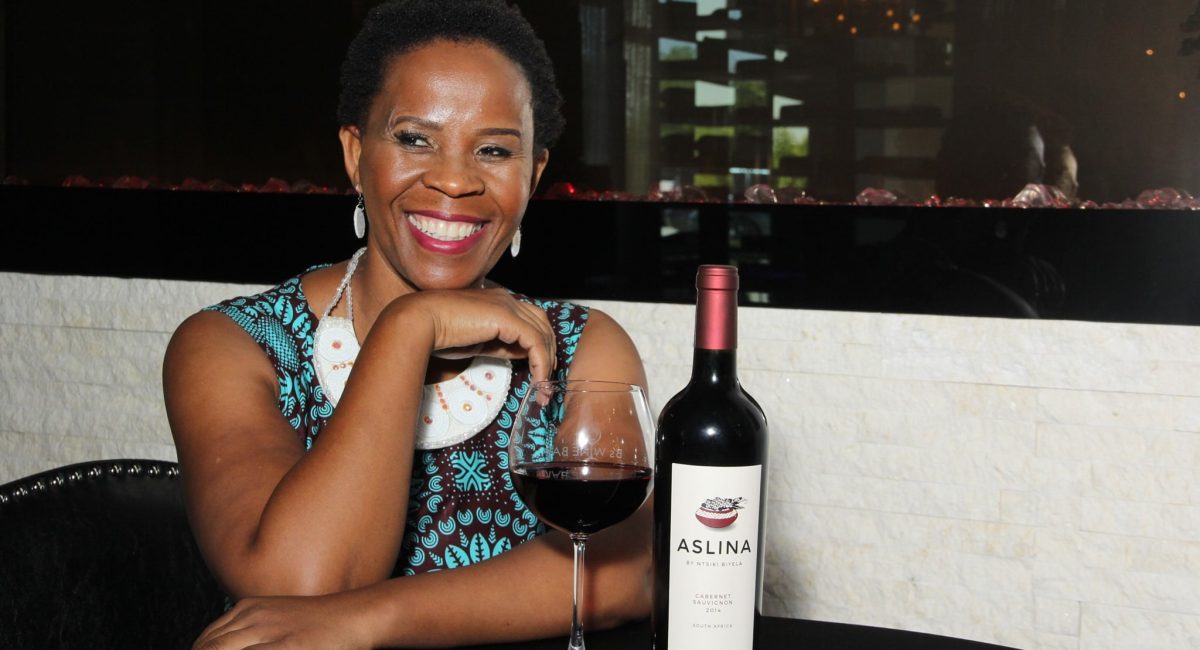By Victoria Graham
Insecure’s third season introduced the world to the wine down. The intimate conversations about art, life and relationships over dry merlots and fine cabernets were the latest example of Black people, especially Black women, embracing the fullness of wine culture. Now a small but mighty group of Black women oenophiles (wine lovers) are determined to make Black people more than just consumers in the $300 billion wine industry, which is expected to grow to $400 billion by 2030.
As Black women continue to break glass ceilings and create opportunities for themselves in underrepresented spaces, the wine industry presents the perfect opportunity for them to thrive. From successful retail entrepreneurs to classically trained sommeliers, these Black women in wine know that there’s big business in understanding reds and whites.
Check out their stories below and order a bottle for your next wine down!
Janeen Jason, Certified Sommelier for VinoTeca
Getting Started
Janeen Jason, now the lead sommelier for VinoTeca, a retail wine shop in Atlanta, GA, started her career in restaurants to earn some cash while attending Georgia Tech University. As she gained experience, she started to realize she could elevate her customers’ overall dining experiences by offering them suggestions on wine pairings. Happier customers, bigger tips! That’s when Janeen began to view wine as a profession. She received her first certification in 2015 and hasn’t looked back since. “I went down a rabbit hole of learning about wine,” she said in an interview with Black Restaurant Week. “The types, the different wine making regions, how it is made.”
Navigating a Pandemic
Janeen now channels this experience as the sommelier for VinoTeca, where she is leading the business through the pandemic. “For the first few months of the pandemic I felt like a machine. I was putting wine in boxes and preparing them for our customers,” she said. Not having customers in stores to experience wine was a challenge, but it also gave her the opportunity to focus on the wine itself – allowing it to be the true star of the show. “We never closed during the pandemic,” she said, adding that they’re “busier now than before the pandemic started.”
“If someone is interested, wine can take you all over the world.”
Being in the wine industry has afforded Janeen numerous opportunities to travel the world perfecting her craft. But this is not without the unique experience of being one of the only Black women in the wine space. “You feel like the tallest person in the room and the smallest person in the room at the same time,” she said. Janeen knows the wine industry lacks representation and hopes more Black women will view it as an option for them. “If someone is interested, wine can take you all over the world. There are scholarships and ways to enter the field without going broke. The opportunity is there if you are willing to put in the work to learn the craft.”
Sarah Pierre, 3 Parks Wine Shop
The Journey
Sarah Pierre, Owner of 3 Parks Wine Shop, has worked in restaurants her entire adult life. In fact, she proudly proclaims “there is probably nothing in a restaurant that I have not done, including cleaning a toilet.” The path from restaurant manager to wine shop owner was natural for Sarah. After being able to work in some of the most renowned restaurants in Atlanta and New York, Sarah received a phone call that changed the trajectory of her life. A wine shop owner was looking to sell his store after owning it for only 6 months. With only a few weeks to consider the enormous business opportunity, Sarah decided it was worth the risk and she became owner of 3 Parks Wine Shop on February 1, 2013. “When I bought the wine shop, I didn’t have a business plan,” she said. “But I knew I had the knowledge to be successful because I was successful at every other stage of my restaurant career.”
Rising to the Occassion
As Sarah celebrates her eighth year as owner of 3 Parks Wine Shop, she reflects on the challenges and opportunities the last year brought to her business. When COVID hit, no one knew how the wine world would cope. The wine business is normally a communal process. You come in-person, participate in tastings, fly to explore wine regions. But while the wine business was people-driven, the demand for wine during the pandemic soared across the county. In Atlanta, where 3 Parks Wine Shop is located, Sarah’s business was deemed essential and has remained open the entire pandemic. Offering curbside and online orders for the majority of the last year was nothing short of chaotic. “During the pandemic I worked for 8 months straight,” she said. “We were selling cases and cases of wine from tables outside our shop. Imagine us in the middle of summer selling wine outside our shop.”
Closing the Opportunity Gap
Even though the last year has been challenging, it was also filled with opportunity. Sarah’s business was not only able to survive during the pandemic, but actually saw sales increase. As one of the few Black women owners in the wine industry, Sarah is now focused on how she can expose more women of color to the professional opportunities that exist in the wine industry. “Many Black women may not realize this is an amazing career option,” she said. “I want to help change that.”
Ntsiki Biyela, Aslina Wines
Pioneering
When Ntsiki Biyela started Aslina Wines in 2016 she became the first Black woman winemaker in all of South Africa. Ntsiki’s journey to opening Aslina Wines was twenty years in the making. From her rural village to a scholarship from South African Airlines and encouragement along the way, Aslina Wines is the manifestation of a lifetime of work. “It has been a great journey,” she said in an interview with Black Restaurant Week. “When you start a business, it is so easy to think about all the fears. All the things that could go wrong. Instead, I focus on the journey. I focus on seeing the vision being realized.” However, becoming the first Black female winemaker in South Africa was still not without challenges. “It was difficult to get financial assistance from banks, but I was able to tap into my relationships with people I built over my career to make things work.”
Expanding
Now Aslina Wines is sending wine across the world. When COVID hit, South Africa put a ban on all liquor sales to help curb the spread of the virus. This forced Ntsiki to pivot from local expansion to global distribution. What Ntsiki experienced was a wave of international support, especially from the United States. “The U.S. market has been the one that has pulled us through this time,” she said. “Most of our international support has been from the US and has been amazing.”
While COVID created the desperate need to switch their business model, the intentional focus to support Black businesses has played a huge role in Aslina Wine’s recent success. “The global diaspora movement helped us grow our market, especially in the U.S.” After the recent Black Lives Matter movement in the summer of 2020, more people have expressed a desire to support Black business across the diaspora, not just US based businesses.
Reflecting
As Ntsiki reflects on her journey as a business owner and winemaker, she has advice for Black women who are thinking about entering this industry. “You may feel like you don’t belong,” she said. “That means you need to build tables and expand it the room so you will belong.”
Do you have a favorite Black woman-owned wine brand that’s not on this list? Drop the name in the comments below!


 Atlanta (@shopvinoteca)
Atlanta (@shopvinoteca)